Electricity legislation revamp in demand
At a National Assembly (NA) discussion session last week, Vice Chairman of the NA Nguyen Duc Hai said that after nearly 20 years of implementation and several amendments, the current Electricity Law is no longer suitable.
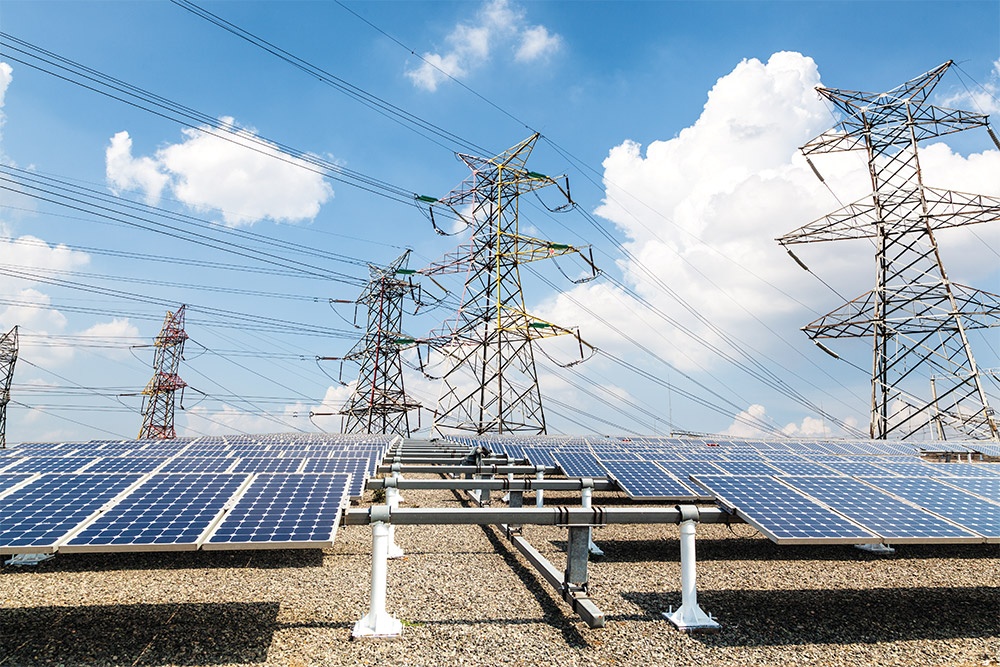 |
| Electricity prices are gradually being altered in a way that is unsuitable for the market as a whole |
Specifically, there is a lack of policy frameworks for renewable energy and new energy, as well as for managing electricity prices in the direction of a market economy, Therefore, the revised Electricity Law is being drafted by the government and is expected to be submitted to the NA at the eighth session taking place in October and November.
“The revised law needs to be stable and sustainable with rapid changes in practice, especially changes in the design of the electricity market, to help achieve the set goals and policies. Therefore, it is necessary to create a legal basis for the changes,” said Hai.
The draft law consists of nine chapters and around 120 articles, and is built in the direction of clearly defining the responsibilities of state management agencies in policymaking and management of the electricity sector; as well as the rights and obligations of organisations and individuals participating in electricity activities and use.
Chairman of the legislature’s Committee for Science, Technology, and Environment Le Quang Huy requested the drafting agency to clarify the concretisation of policies stipulated in the draft law and other relevant laws to ensure feasibility in implementing state policies.
This is especially in regards to content on electricity prices, eliminating cross-subsidies, supplementing major policies related to environmental protection, human resources development, and meeting energy security requirements, Huy said.
“Electricity prices are slowly changing, unsuitable for the market mechanism. Retail electricity prices do not fully reflect the costs from production to electricity consumption, and have not given signals to engage investment in this industry or participants in the electricity market,” Huy added. “On the other hand, many electricity projects are not funded properly, leading to not being put into use and causing great waste.”
Expert Nguyen Tien Thoa said, “Electricity prices must be calculated correctly and fully according to market principles, and must be transparent. Transparent electricity prices will remove all current barriers. However, calculating correctly for electricity prices does not mean a floating market. I agree that the electricity law should be amended and that there must be fundamental price reform.”
In a document contributing comments on the law, a representative of Canon Vietnam said that electricity prices change frequently in an upward direction, affecting production and business activities that need to be stable and ensure competitiveness.
“Electricity companies often report losses due to increased costs for production and business activities. However, determining whether the use of these costs is reasonable or not, and which agency is responsible for auditing these costs, needs to be made clear in regulations for the industry,” the representative said.
It is necessary to supplement regulations on the responsibilities of the electricity industry and relevant parties in stable electricity distribution, she added.
Nguyen Ngoc Cuong, CEO of EverSolar Investment JSC, said that with the current economic development trend, the Electricity Law needs to open up mechanisms for developing power sources and grids to ensure sufficient power supply for economic development needs and towards net-zero emissions.
“It is necessary to empower specialised agencies to decide on incentive mechanisms for pioneering, piloting, and testing activities, as a premise for large-scale investment in small-scale smart grids,” Cuong said.
“This is not technically difficult, but the main barrier that has prevented them from developing in the past is the problem of small-scale energy costs that are not allowed, but are now at a suitable threshold.”
| Truong Thanh Hoai, deputy Minister of Industry and Trade
In Article 5 of the revised Electricity Law, we have clearly defined what state monopoly includes. The state will mainly have a monopoly in regulation and operation of the power system, and in terms of investment, we only invest in state monopoly in a number of important power projects. These are multipurpose power sources and power sources that play an important role in the system in ensuring the operation and stability of the system. Regarding deputies’ question about when the monopoly will be abolished, we have clearly included it in the law. Our current development has a very high demand for energy, and we will try to design the market in a transparent direction, but to ensure energy security, some core areas still have to be state monopolies, while in other parts we will promote private investment. Dinh Ngoc Minh, NA deputy, Ca Mau province
Currently, Vietnam only has a market in electricity generation. Vietnam Electricity is still the sole buyer and seller. We have innovated the post and telecommunications industry very well. Nearly 20 years ago, a month’s salary could be spent only on the phone. Now we use it very comfortably and the system is very good. Will this amendment to the law prevent monopolies like the current ones? To what extent is the state’s monopoly, and how will it be transferred to other economic sectors? The draft law does not mention the monopoly on transmission, meanwhile the report of the NA’s Committee on Science, Technology and Environment suggests that it is only high voltage and ultra-high voltage, and the levels below should be for private investment. Pham Van Hoa, NA deputy, Dong Thap province
The amendment of the law is necessary to fix the limitations in our electricity operation, especially regarding electricity prices, planning, and consumption. It is necessary to study regulations on the periodic assessment of the planning to ensure harmony, and clearly stipulate the authority of state management agencies to ensure that the power work is safe and meets the requirements. It is necessary to assign the government to specify in detail the progress related to approval of projects, financial arrangements, and construction of power sources and power works. Similarly, regarding the mechanism for handling slow-progressing power source projects, it is proposed to add a regulation assigning the government to specify plans in detail, as the law only stipulates basic and core principles and mechanisms. To Ai Vang, NA deputy, Soc Trang province
Soc Trang has 19 wind power projects and when they were put into commercial operation, many complaints arose. Households rely on provisions regulating the implementation of wind power projects and the standard power purchase contract for such projects to request compensation and support. This is because they believe that wind turbine blades cause noise that affects health, daily life, and also aquaculture. Localities have repeatedly petitioned and received written responses, but there is not enough legal basis for localities to act. We propose that the government assign ministries to conduct field surveys on the impact of wind turbine blades and noise, and to amend regulations on the distance of wind towers, in order to minimise the impact on people’s lives, and ensure safety for wind power projects. |
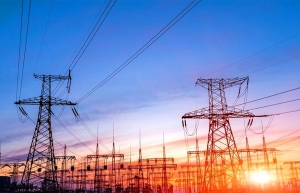 | Brand new mindset required for proper usage of electricity Electricity in Vietnam is being used at inferior efficiency compared to other countries, which is providing a challenge to find solutions on effectively using and saving it. |
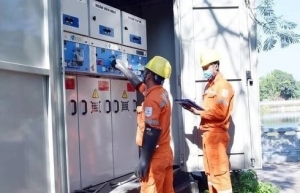 | Daily electricity consumption exceeds 1 billion kwh for first time Due to intense heat waves, the electricity consumption across the country reached a new record of 1.001.9 billion kWh on May 28, surpassing the 1 billion kWh mark for the first time in history. |
 | Durable electricity supply to be ensured Escalating power consumption has sparked an imperative to boost construction of a transmission line and simultaneously mobilise maximum capacity from coal-fired and gas-to-power plants to ensure adequate electricity supply this summer. |
 | Lawmakers discuss anti-monopoly aspects of Electricity Law Experts raised a series of questions regarding anti-monopoly measures during discussions on draft amendments to the Electricity Law at the specialised session of the National Assembly (NA). |
What the stars mean:
★ Poor ★ ★ Promising ★★★ Good ★★★★ Very good ★★★★★ Exceptional
Related Contents
Latest News
More News
- Trung Nam-Sideros River consortium wins bid for LNG venture (January 30, 2026 | 11:16)
- Vietnam moves towards market-based fuel management with E10 rollout (January 30, 2026 | 11:10)
- Envision Energy, REE Group partner on 128MW wind projects (January 30, 2026 | 10:58)
- Vingroup consults on carbon credits for electric vehicle charging network (January 28, 2026 | 11:04)
- Bac Ai Pumped Storage Hydropower Plant to enter peak construction phase (January 27, 2026 | 08:00)
- ASEAN could scale up sustainable aviation fuel by 2050 (January 24, 2026 | 10:19)
- 64,000 hectares of sea allocated for offshore wind surveys (January 22, 2026 | 20:23)
- EVN secures financing for Quang Trach II LNG power plant (January 17, 2026 | 15:55)
- PC1 teams up with DENZAI on regional wind projects (January 16, 2026 | 21:18)
- Innovation and ESG practices drive green transition in the digital era (January 16, 2026 | 16:51)


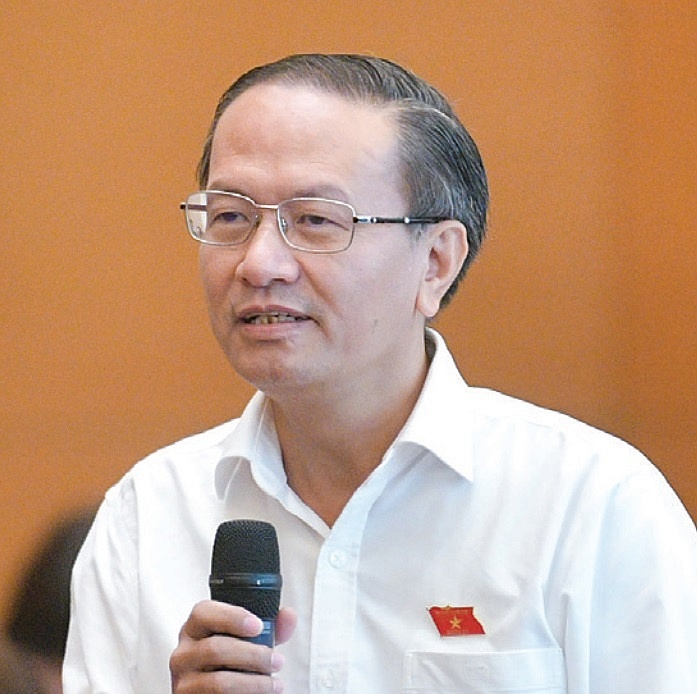
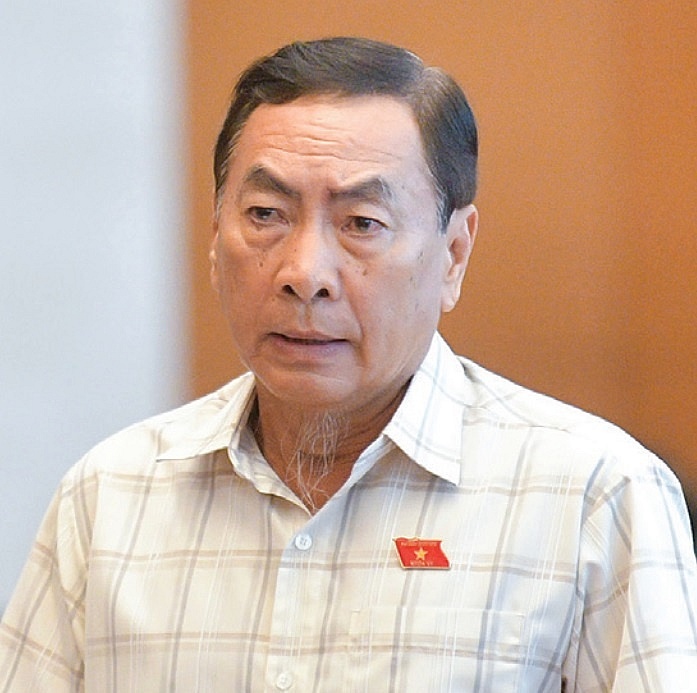
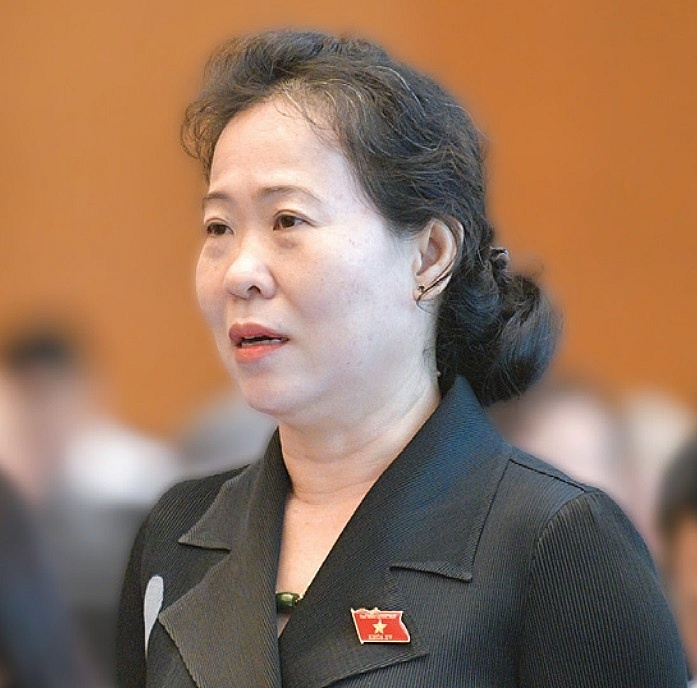
 Tag:
Tag:




















 Mobile Version
Mobile Version